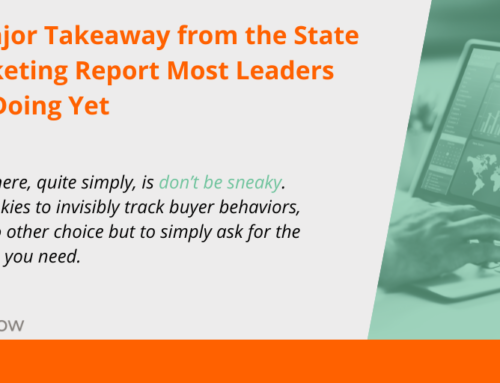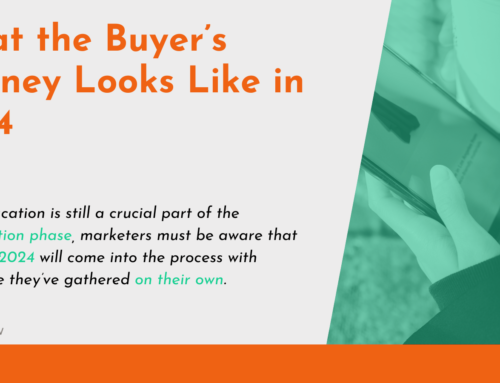New business owners aren’t always aware of the need to establish the proper branding. If you plan on being the face of the business, you may understand why you would need to plan for and develop a personal brand but not a corporate brand. Conversely, you may think you only need to develop a corporate brand with the hopes of remaining in the background enough that you don’t need a personal brand. The truth is anyone who hopes to find success as an entrepreneur or business owner will need to develop both of these brands and figure out a way to balance the two properly. Because everything can come crashing down around you if it’s not done right. Oh, but no pressure, right?
Personal Branding
To get started, we’ll start off by going over the specifics of personal branding…as if we haven’t talked about it plenty before. However, those who aren’t familiar with the concept of personal branding may think that we’re talking about the logo or name you’ve chosen for your company. Rather, personal branding is all about who you are, what you stand for, and what you hope to provide for your customers. If you’ve never actually had a chance to think about these things, you can start by figuring out what your values are and then prioritizing them accordingly. These values can say a lot about your company once you’ve applied them to your vision and mission.
The whole purpose of developing a personal brand that aligns with your company mission is to bring attention to your products or services, build and retain customer trust, and eventually their loyalty. You are more likely to find success in these goals when you have a corporate brand that is cohesive with your established personal brand.
Corporate Branding
So now that you know who you are as a person and what you hope to bring to the table as a business owner, the next thing you need to work on is your corporate brand. For inspiration, all one needs to do is look toward some of the most successful companies in the world. As an example, take a look at McDonald’s. Just one glance at their logo will tell you everything you need to know. It’s recognizable by just about everyone around the world. Even if the first thing that comes to mind when you see those Golden Arches is greasy French fries and unhealthy fast food, you still know exactly who they are. While you may not find this level of success for your own corporate brand immediately, it is still possible to improve your company’s visibility by developing a successful corporate brand.
Developing a corporate brand is imperative for any business hoping to find bigger successes. It will take time and dedication, but with the right branding, marketing, and advertising, you’ll be amazed at the opportunities that open up for you and your company.
Blending the Corporate and Personal Brands
Just because you’ve developed the brand you hope will carry you and your company to profits you never thought possible doesn’t mean that success will automatically fall at your doorstep. You have to make sure that these two aspects of your business mesh well. Your personal brand should complement your corporate brand and vice versa. Look at some of the success stories of a cohesive personal and corporate brand and you’ll see that they don’t need to be identical, just complementary. For instance, look at Martha Stewart. Even with her somewhat checkered past with accusations of stock manipulation and a stint in prison, her branding has stood the test of conflict and she is still one of the most recognizable home and living improvement companies to date. Her outward personal branding blends perfectly with the company she started to provide some of the best in home décor, cooking, and other product lines she offers.
Just as there is success to be seen by perfectly blending the two brand aspects of your company, it is entirely possible to let your personal brand overtake your corporate brand and bring your business crashing down around you. We all remember the embarrassing gaffe that Abercrombie & Fitch CEO Mike Jeffries made regarding the “type” of people he wanted wearing his clothes. He let his own personal opinions tarnish the long-standing reputation his company had, and in the following months they saw sales drop by a whopping 12% in the third quarter. He made a truly spectacular fall into failure, so at least he was successful in that!
There are some things that are better kept to yourself, and negative opinions about your potential consumers are definitely one of those things. The business you’ve started is usually based on your own goals, vision for your future, and personal brand, so it shouldn’t be too difficult to cultivate and perfect a corporate brand that complements and balances it out.






